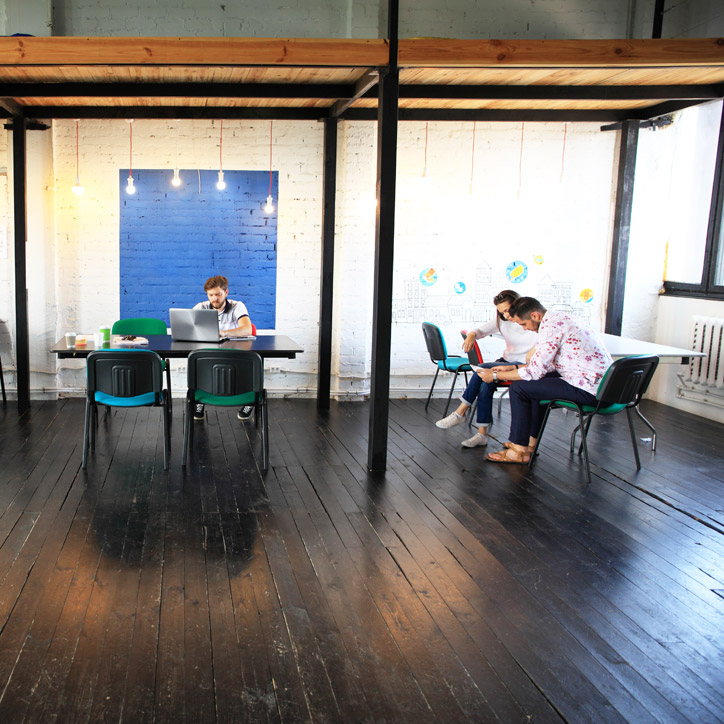4 Ways Millennials are Shaping Commercial Real Estate

Today, tech markets are thriving in the United States, from Silicon Valley to lesser known hubs like Charlotte, NC and Madison, WI. Millennials—those born between 1982 and 2004—make up nearly 80 million of the world’s population and are the driving force behind much of the tech growth in the states. By 2020, millennials will make up 50 percent of the global workforce, according to PricewaterhouseCoopers most recent study on “millennials at work.”
Thus, their preferences are largely defining the future of the workplace and commercial real estate. Listening to their demands on ideal work environments is an opportunity that shouldn’t be missed. Moreover, it is critical to offer eco and tech-friendly solutions for processing funds and managing properties in order to be relevant in millennials’ eyes in the commercial real estate arena.
Arguably, tech markets stand to impact local markets more than other industries as tech employees receive upwards of double the average non-tech salary. Five of the largest tech markets have seen their millennial populations jump by more than 10 percent since 2009, while Washington, D.C. experienced a near 26 percent surge, according to Pivot Desk, a shared office space solutions company with locations in major cities around the country; and, in Madison, WI, Pittsburgh, and Boston, millennials make up almost 25 percent of the entire urban population.
Further, one of the world’s largest commercial real estate firms revealed its 2016 Scoring Tech Talent report, which showed that tech jobs have grown by more than 27 percent in the United States in the last five years. The San Francisco Bay Area saw the highest growth at 61.5 percent, and Baltimore trailed closely behind. Underdog hubs like Charlotte and Nashville saw even faster growth, exploding at 74 percent and 68 percent, respectively.
Let’s review four ways millennials are shaping today’s commercial real estate market based on what they value most in their work environment:
- Urbanism: Millennials prefer walkable, mixed-use, centrally-located, transit-oriented environments. Over all, a building’s location and design should be intended for a “live-work-play” lifestyle. Meaning: Young urban professionals live near their workplaces which should ideally be centrally located around shops, restaurants and entertainment.
- Open-Concept Design: Say so-long to corner offices and cubicle farms, and welcome to wide open spaces. One major millennial trademark is the open office; however, this layout has surpassed just a millennial mindset. Seventy-percent of American employees spend their working lives in open floor plan offices, according to International Facility Management. Open offices offer collaboration, communication, and creativity, all of which millennials are demanding. This popular floor plan additionally offers a lesser known motivator desired by this generation: competitiveness, according to Cushman & Wakefield. Open offices allow coworkers to “look over the shoulder” of their colleagues, sparking friendly competition and a drive to better their work.
- Alternative work spaces: Millennials have dismissed the idea of the stuffy cubical and replaced it with a variety of productivity-driven work spaces and creativity-focused collaboration stations such as on-site cafes, lounges, standing desks, outdoor spaces, gyms, and community workstations.
- Eco/Tech-Friendly: Millennials are all about eco-consciousness. One way to attract them is to offer sustainable spaces and practices, bike racks, and walkability. Technology-based solutions dovetail nicely with their eco-mindedness and the idea of smart spaces.
If your firm can’t provide these valued characteristics in a workplace or efficient, electronic, paperless solutions for processing funds and managing properties, millennials will wonder how you’re still in business. Commercial real estate clients are now adopting these sustainable, tech-friendly services and practices as their millennial-focused employees and tenants, used to these conveniences in daily life, begin to expect them in their workplaces. The question remains: Are you?
